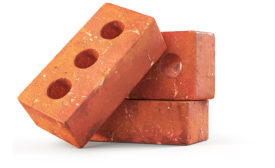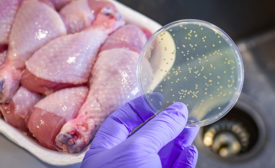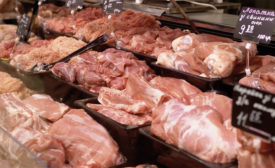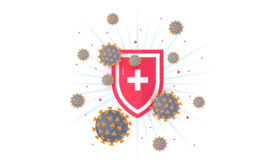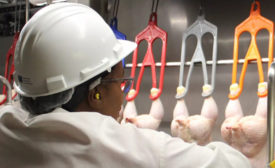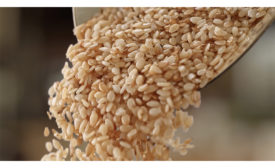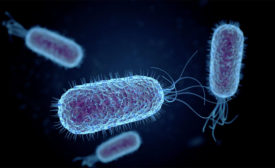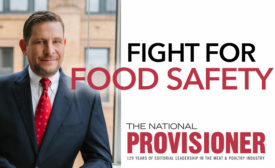Fight for Food Safety
Our experts analyze food-safety innovations and strategies in the protein industry.
ARTICLES
A more efficient approach might involve better educating consumers and reminding them that all raw poultry products must be cooked thoroughly.
Read More
Cell-cultured meat products continue to make headway
The FDA completes its first pre-market consultation for a human food made from cultured animal cells.
Read More
Independent Thoughts
New initiatives to help small processors could affect food safety
USDA efforts to address market consolidation and food security could hold food safety implications.
Read More
Declining recalls suggest food safety improvements
The continuing decline in the number of recalls suggests the industry is doing a better overall job producing safe food.
Read More
Get our new eMagazine delivered to your inbox every month.
Stay in the know with The National Provisioner's comprehensive coverage of the meat and poultry processing industry.
SUBSCRIBE TODAY!Copyright ©2024. All Rights Reserved BNP Media.
Design, CMS, Hosting & Web Development :: ePublishing
